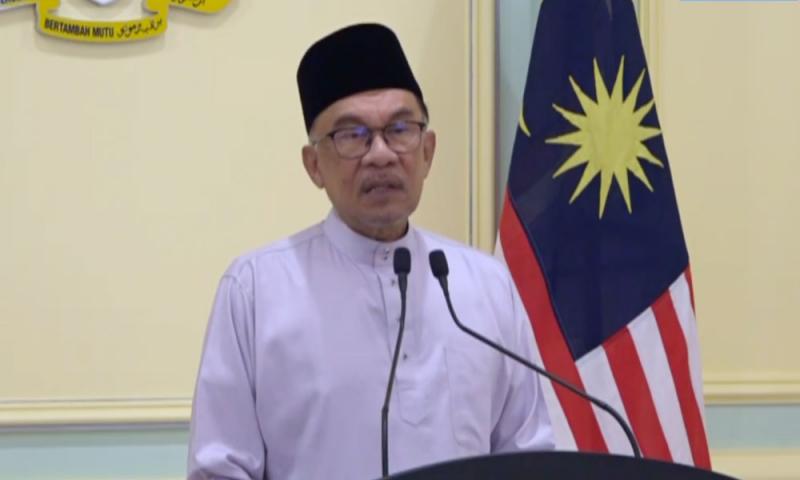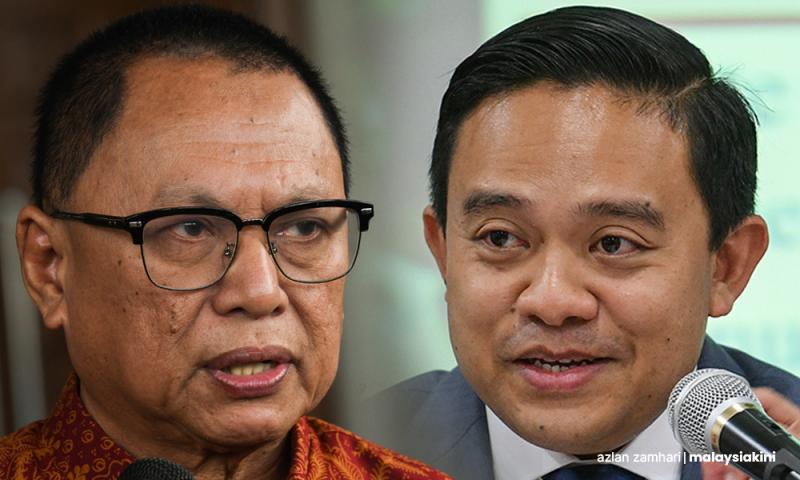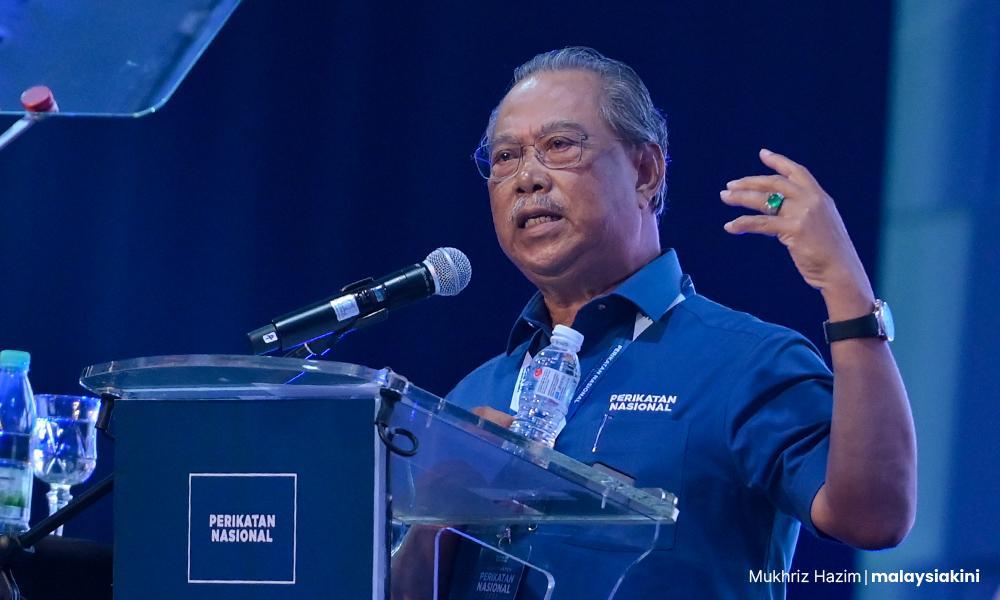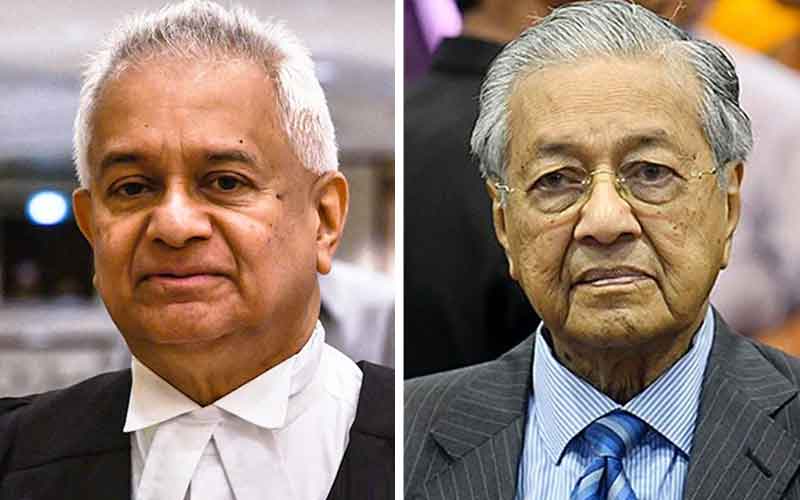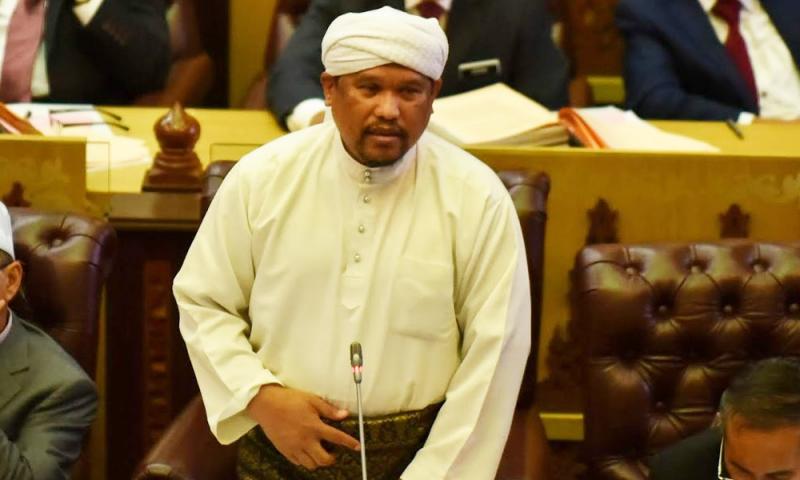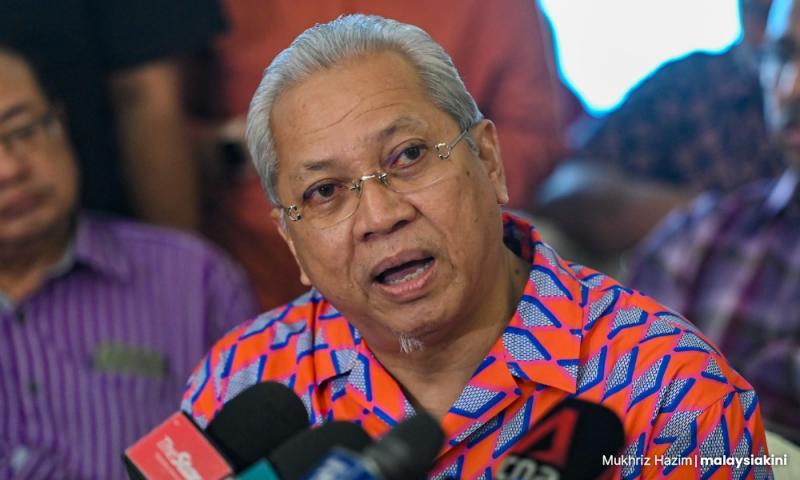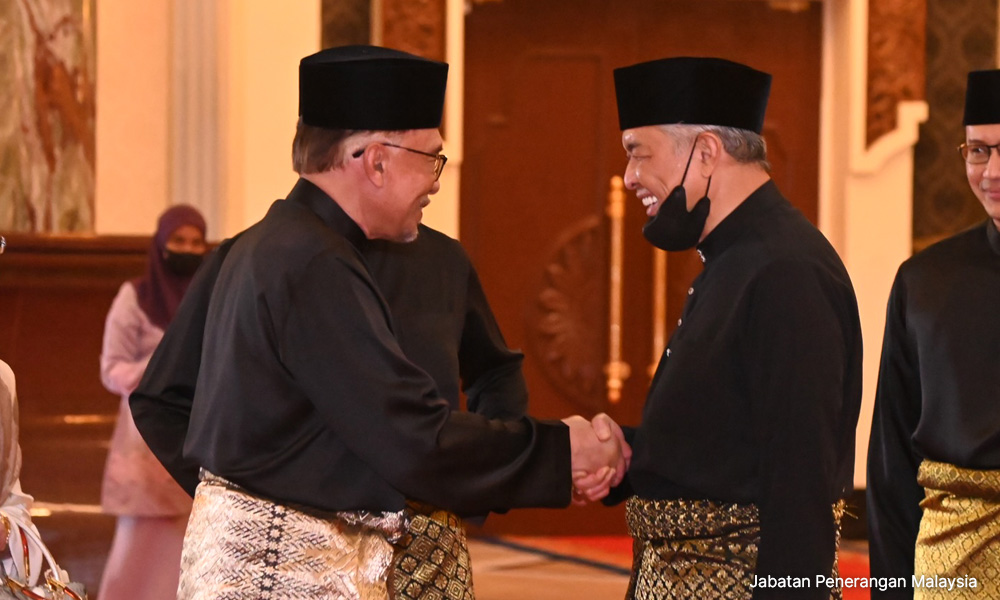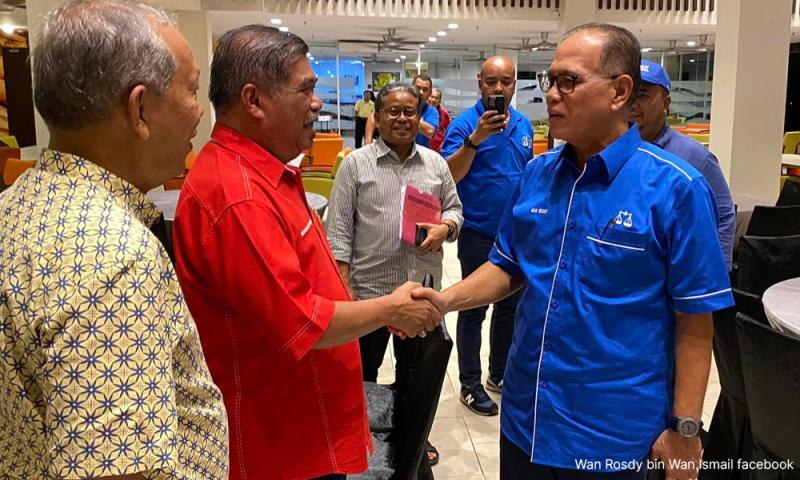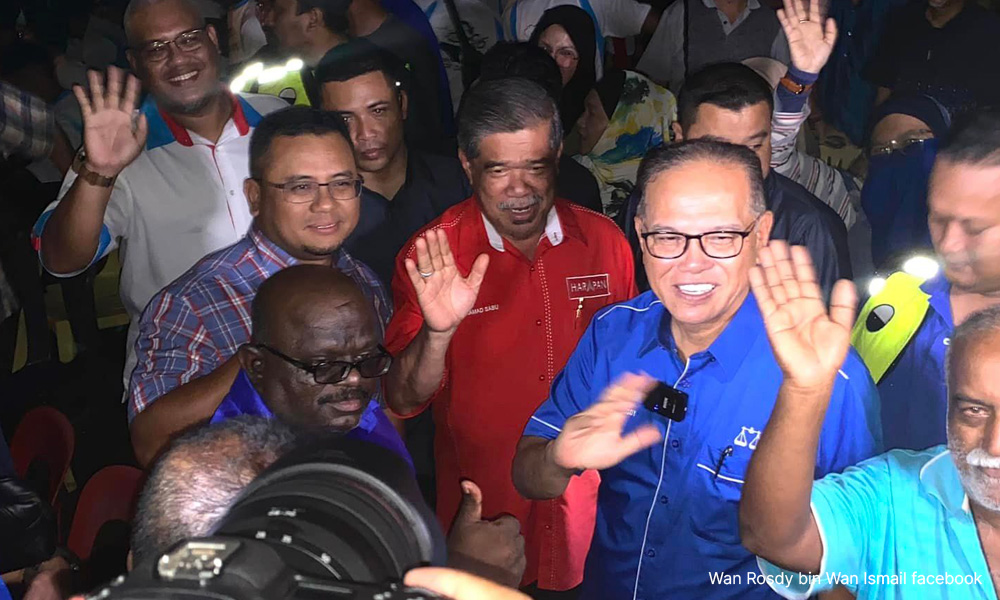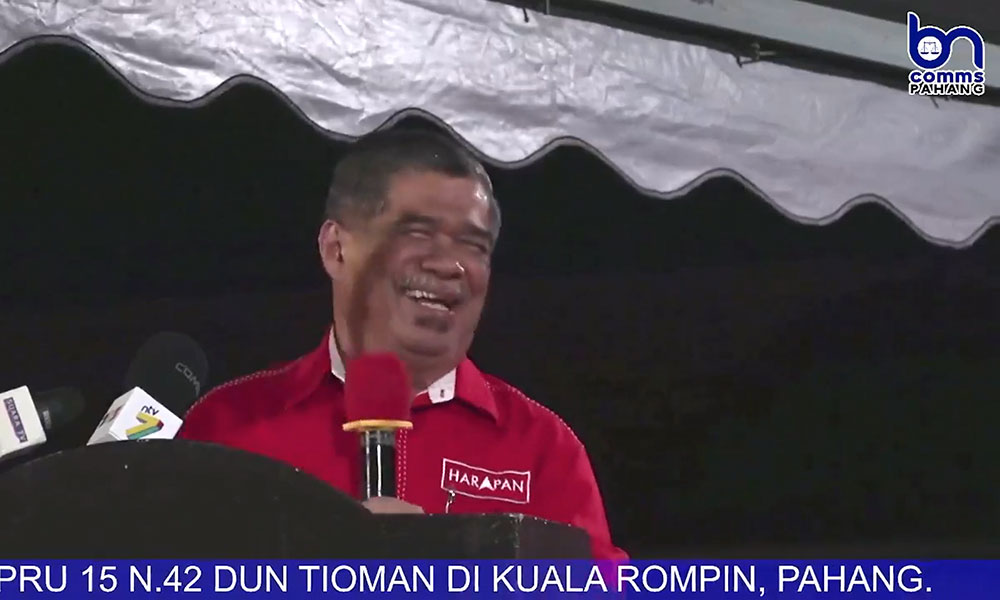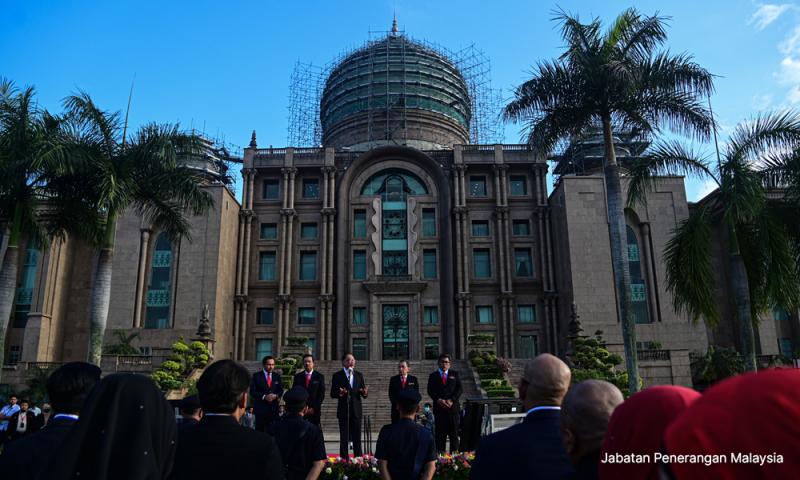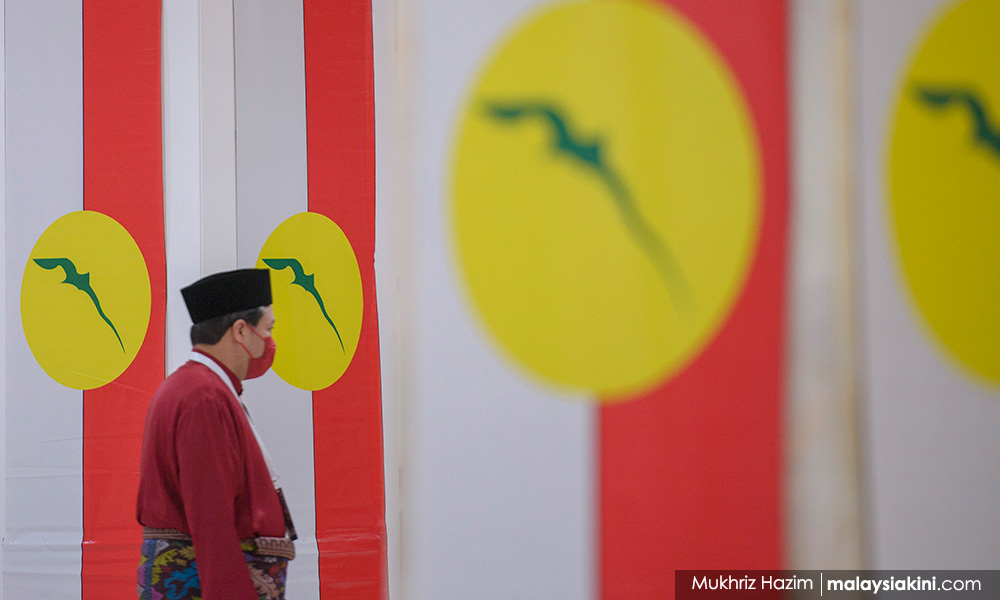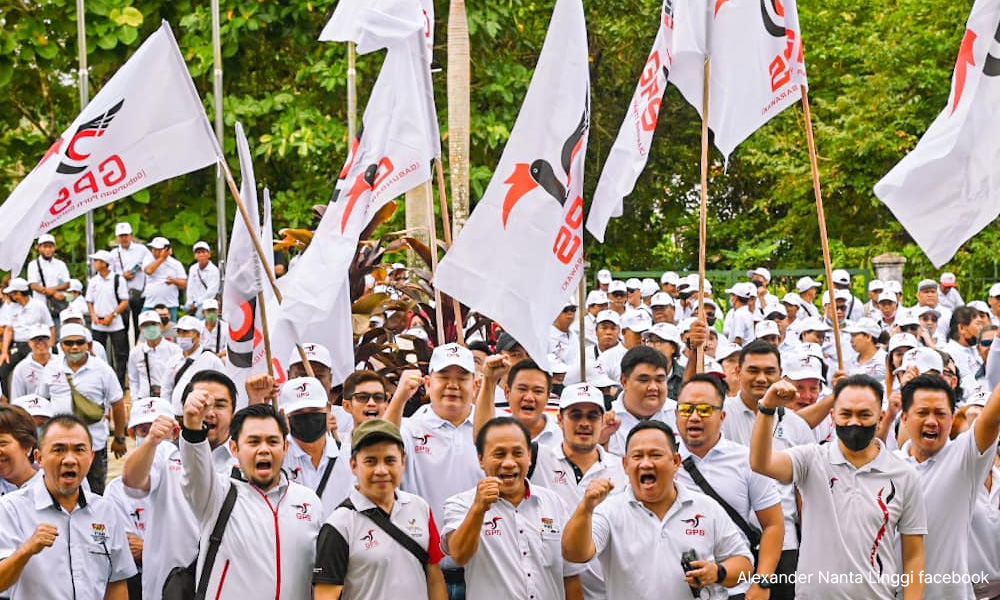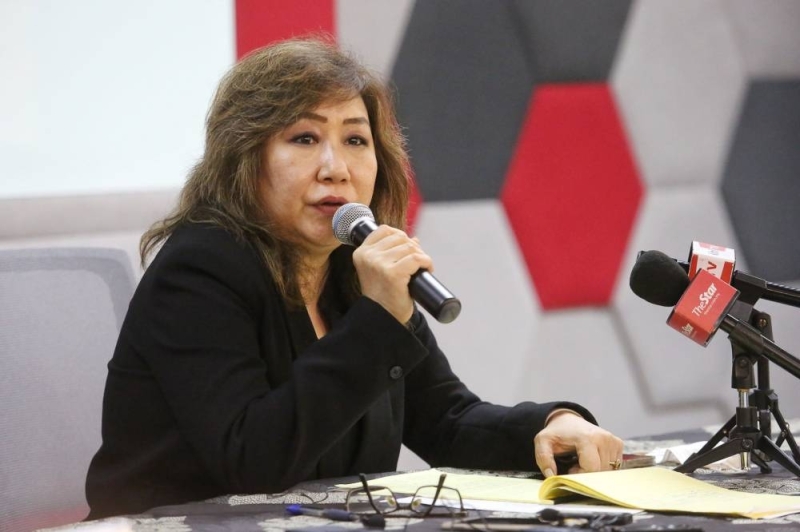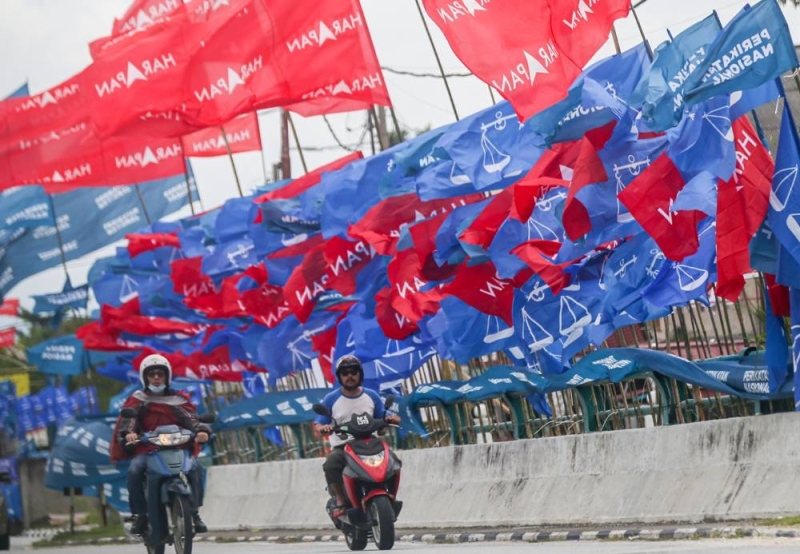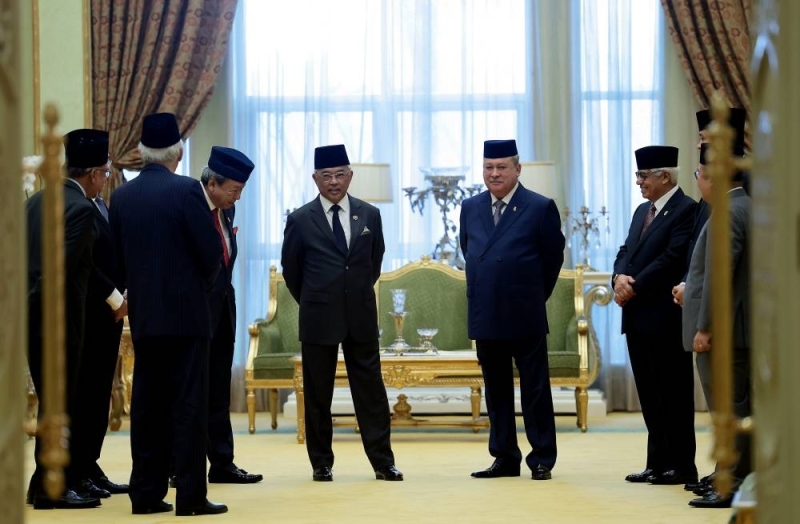Here’s What The West Plans To Do With Russia’s $300 Billion Frozen Reserves – And Moscow Warns Of Similar Retaliation
After the U.S. and Europe imposed sanctions on Russia over Ukraine invasion, it triggered a massive devaluation of the country’s currency – ruble. Russians lined up at ATMs to withdraw their money. The Bank of Russia immediately hiked the interest rates to 20% to slow the withdrawal, as the ruble plunged 30% against the US dollar after the ban of Russian banks from the SWIFT system.
Indeed, the financial sanction was more lethal than economic sanction like the trade war between the U.S. and China. The reason why the Russian currency collapsed so easily and quickly was because the U.S. and its allies shut off the Russian central bank’s access to most of its US$630 billion of foreign reserves – effectively emptying its coffers critical to support the rubles.
The move to banish big Russian banks from SWIFT has put a limit to Moscow’s use of its US$630 billion war chest. However, the U.S. and the E.U. have underestimated Russian’s powerful leverage on its oil and gas, not to mention China or even Western allies like India and the Arab world, who refused to sanction Moscow. Vladirmir Putin also has a brilliant plan to boost its currency.
The strategy was to limit ruble selling and force ruble buying. First, Russia’s central bank immediately hiked interest rates to 20% from 9.5% to limit withdrawal as fresh sanctions by Western countries put pressure on the country’s financial system. Then it capped the amount of dollars (US$10,000 limit) that every Russian can withdraw from foreign-currency bank accounts.
Next, local banks were barred from selling foreign currencies to customers for the next 6 months (till Sept 9). At the same time, brokerages are not allowed to let foreign clients sell securities. The capital controls kicked in to fight the U.S. and its allies’ attempt to isolate Putin and Russia, hoping the economic disaster would trigger an uprising and regime change.
In retaliation against the European Union’s economic and financial sanctions, Putin has issued an ultimatum – Russia wants “unfriendly countries” to pay for Russian natural gas in ruble. Russian gas accounts for some 40% of Europe’s total consumption and E.U. gas imports from Russia contributes up to US$1 billion – every day – to Moscow even during the ongoing war.
Moscow’s unexpected retaliation saw the ruble becomes the world’s best performer against the dollar instead as the plan boosts demand for the Russian currency. On the contrary, it creates an energy crisis in Europe – even sparking inflation and escalating cost of living in the Western nations and the world. As the winter arrives and the war is still ongoing, recession is inevitable in 2023.
But what will happen to the US$630 billion belonging to Russia? About 2 months after the Kremlin launched what it called a “special military operation” to de-Nazify against Ukraine “neo-Nazis”, Russia said it was preparing to take legal action to challenge the freeze on its US$630 billion assets – consisting of gold and foreign currency. However, slapping the powerful Western nations with lawsuits would take ages.
Luckily only half of its foreign reserves were frozen. After Barack Obama and his EU allies unveiled a co-ordinated set of sanctions to punish Russia in annexing Crimea in 2014, Moscow has diversified its foreign reserves in Chinese currency. That, included over 20% of reserves in gold, had saved about US$300 billion of Russian assets from being frozen by the West.
Now, the U.S. and European Union are toying with the idea of confiscating the entire frozen foreign reserves under the pretext of using it to help Ukraine. According to the Russian Central Bank’s 2021 annual report, the largest portion of its foreign currency and gold assets (16.8%) were stored in China, followed by France (9.9%), Japan (9.3%), the United States (6.4%) and the United Kingdom (5.1%).
The countries that had frozen the Russian assets include the U.S., France, Japan, Germany, the U.K. and Canada. Some US$30 billion assets belonging to Russian billionaires linked to Russian president Vladimir Putin had also been seized. Even though the E.U. claims it has only frozen US$18 billion worth of Russian assets, internal European Commission document shows it has actually frozen US$70 billion.
On November 30, EU permanent representatives discussed how to forfeit the US$300 billion foreign reserves during a meeting in Brussels, despite Russian condemnation that such illegal confiscation would violate the European Constitution and international law. European Commission President Ursula von der Leyen, meanwhile, has proposed the creation of a special structure to manage the frozen Russian assets.
Some U.S. lawmakers have sought to add a provision to the National Defense Authorization Act (NDAA) last month that would allow Washington to transfer the frozen Russian assets to Ukraine. However, it was so illegal that a group of U.S. House and Senate Republicans has opposed it. Moscow said both the U.S. and EU will risk losing the trust of the international community for robbing what does not belong to them.
Dmitry Medvedev, deputy chairman of Russia’s Security Council and the country’s former president and prime minister, has warned that Russia will retaliate by confiscating the money and property belonging to Western investors in Russia. While over 1,000 companies have shut down their operations in Russia, Putin has banned investors from so-called unfriendly countries from selling shares in key energy projects and banks.
Essentially, foreign investors with assets in production sharing agreements (PSA), banks, strategic entities, companies producing energy equipment, as well as in other projects – from production of oil and gas to coal and nickel – could not sell under a decree signed by Putin. Companies affected included Shell, Exxon, Mitsubishi, Mitsui, UniCredit, Intesa, Citigroup, HSBC and others.
Medvedev claims coincidentally, there are about over US$300 billion worth of foreign assets frozen in Russia, which would be enough to compensate it if the U.S. and its allies proceed to confiscate Russia’s US$300 billion foreign reserves. The biggest effect will be the reputation of the U.S. if Washington seizes and disposes foreign assets without a proper justification.
The financial sanctions have already raised the burning question – why should a country accumulate US dollar or currencies of its allies when it could easily be frozen or taken away? Would it not be safer to buy other assets such as gold as reserves? Even the idea of stockpiling commodities like crude oil or other metal sounds like a better alternative.
Now that the Western nations can easily convert frozen foreign assets as its own property, which is tantamount to daylight robbery, foreign investors would have to think twice about investing in those countries for fear of its assets being seized whenever they like during a political conflict. Worse, they might start selling their assets in the U.S. and its allies.
